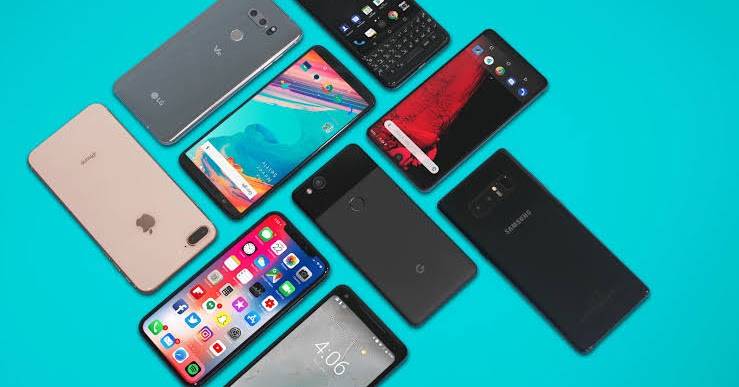The telecommunications regulator, Nigerian Communications Commission (NCC) has so far approved 1,843 mobile phones for use in the country. The devices, which are of different brands and models are those that have been tested and found to meet the applicable type approval standards required to allow them to be sold to consumers in Nigeria.
As of April 2021, the number of approved phones by the NCC stood at 1,653. This shows that the mobile manufacturers had secured approval for 190 new models of phones in the last year.
The latest data of type-approved phones seen by Nairametrics shows that Chinese mobile manufacturers are still dominating the mobile market in the country in terms of approved devices. Tecno led the pack with over 200 models of its phones approved, followed by other Chinese brands such as Huawei and ZTE.
What you should know
With over 197 million active mobile subscriptions as of February 2022, the country remains a veritable market for mobile manufacturers across the world.
Fake or substandard phones affect the quality of service the users get and also pose health risk to the users.
The regulatory approval for phones was to ensure phones and devices being used in the country are of quality standard.
Despite the regulatory efforts, thousands of unapproved phone brands are still being sold across the country.
·While the unapproved phones are in most cases sub-standard or fake, they sell faster than the approved ones as they are sold at cheaper prices.
What NCC is saying
Speaking on the moves to ensure that all phones in the country are type-approved, the Executive Vice Chairman of NCC, Prof Umar Danbatta, recently warned Nigerians not to buy any phone that has not been certified for the market by the regulator.
Danbatta, who frowned at the proliferation of counterfeit handsets in the country, said: “The menace of counterfeit and substandard handsets has assumed a global dimension and requires a lot of education on the part of the consumers and collaboration with other government agencies to address it.
“Cases of influx and patronage of counterfeit handsets are more rampant in developing countries, such as Nigeria, where importers bring in substandard phones without recourse to the regulatory type-approval process aimed at certifying such devices as fit for the market.”




